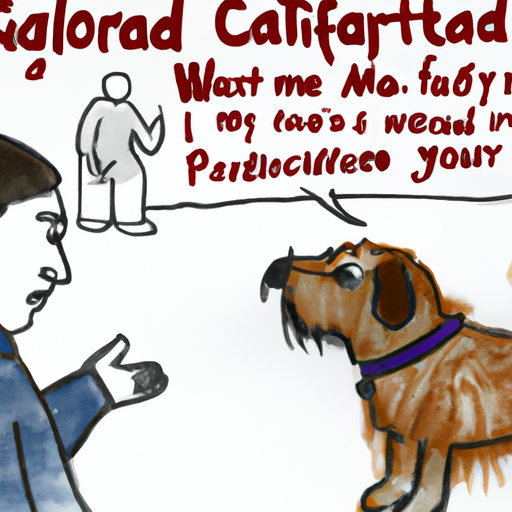Have you ever wondered what Giardia in dogs is? If you’re a dog owner, the term might likely send a ripple of concern through you. Giardia is a common intestinal parasite that can wreak havoc on your dog’s digestive system. This article will delve into everything you need to know about Giardia, including its causes, symptoms, diagnosis, treatment, and preventive steps.
Contents
- Understanding Giardia
- Causes and Transmission of Giardia
- Symptoms of Giardia in Dogs
- Diagnosis of Giardia
- Treatment for Giardia
- Preventing Giardia
- Frequently Asked Questions
Key Takeaways
- Giardia is an intestinal parasite that can cause severe digestive problems in dogs.
- The parasite is transmitted through contaminated food and water.
- Symptoms include diarrhea, vomiting, and weight loss.
- Diagnosis is through stool samples.
- Treatment involves medication, and prevention is possible through good hygiene and clean water sources.
Understanding Giardia
Giardia is a single-celled parasite that thrives in the intestines of dogs and other animals. It’s one of the most common intestinal parasites in dogs and is particularly prevalent in puppies and dogs living in shelters or kennels. While Giardia is not typically life-threatening, it can cause uncomfortable symptoms and lead to malnutrition and other health problems if left untreated. The American Kennel Club (AKC) provides an in-depth look at Giardia in dogs, which can be helpful for further reading.
Causes and Transmission of Giardia
Giardia is transmitted through the fecal-oral route. Dogs become infected when they ingest the Giardia cysts, which are passed in the feces of infected dogs. These cysts can contaminate water, food, and the environment. Dogs that frequent dog parks, boarding kennels, or daycare facilities are at a higher risk.
Symptoms of Giardia in Dogs
The common symptoms of Giardia in dogs include:
- Diarrhea
- Vomiting
- Weight loss
- Poor overall condition
- Excessive gas
Some dogs may be carriers of the parasite without showing any symptoms.
Diagnosis of Giardia
If you suspect your dog has Giardia, it’s crucial to seek a diagnosis from a veterinarian. The vet will take a stool sample to check for the presence of Giardia cysts. You can find more about this here.
Treatment for Giardia
Once diagnosed, Giardia in dogs is typically treated with medications like Fenbendazole and Metronidazole. Along with medication, it’s crucial to maintain good hygiene practices such as regular cleaning of the dog’s living area, and bathing the dog to remove any cysts from the fur.
Preventing Giardia
Preventing Giardia infection involves a few simple yet effective measures:
- Provide your dog with clean, fresh water.
- Regularly clean your dog’s living area.
- Avoid areas known to be contaminated with dog feces.
- Regularly bathe your dog, especially if it’s been in a high-risk area.
You can also refer to this article for more preventive measures.
Frequently Asked Questions
Q: Can humans get Giardia from dogs?
A: Yes, Giardia is a zoonotic disease, which means it can be transmitted from animals to humans. However, the majority of human cases are from human-to-human transmission.
Q: How long does Giardia last in dogs?
A: With treatment, most Giardia cases resolve within a few weeks. However, some dogs may continue to pass the parasite in their stools for several weeks after they’ve recovered.
Q: Can Giardia become chronic in dogs?
A: Yes, if left untreated, Giardia can lead to chronic or recurrent symptoms.
By understanding what Giardia in dogs is and how it can be prevented you can ensure a healthy and happy life for your furry friend. You can find additional resources on dog health and wellness at One Top Dog.



